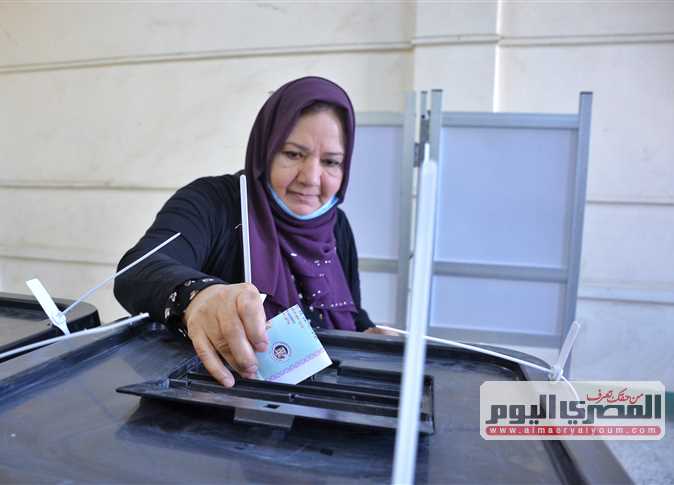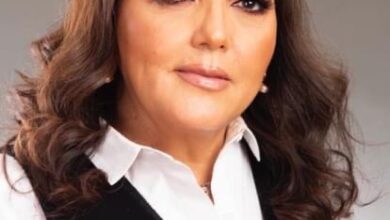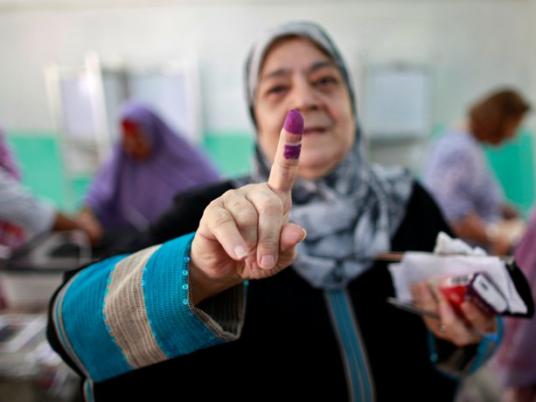Gamal Mubarak’s presidential campaign has recently moved from covert planning to public mobilization, with posters and petitions in support of the president’s son aggressively filling the streets.
If presidential elections took place today, Gamal would have an unmatched edge over his rivals. Unlike other candidates, he has the backing of people in high places–in government and the business community.
Surely, the president’s son has the right to run for the country's highest office, provided he has no special privileges over his competitors.
One aspect of his campaign that drew my attention this Ramadan were the several “mercy banquets” held by his campaign organizers in the poorer districts of Cairo under the slogan “We love you Gamal, you feed our children.”
Egypt’s rampant poverty and misery explain why a considerable segment of Egyptians choose to support Gamal, even in such a humiliating way. The media is portraying the campaign as a major challenge to reformists and proponents of change. Meanwhile, the latter group mistakenly retains the simplistic view that supporters of the status-quo are limited to a handful of businessmen and elements of the security apparatus.
The truth, however, is that regime supporters include many of Egypt’s poor, who are essentially being bought off.
This is precisely the difference between Gamal’s supporters and those of reformist Mohamed ElBaradei. The latter represent a political culture–different from the one the regime is cultivating among ordinary Egyptians–where political advocacy is done by tireless volunteers who believe in the principles of democracy and the rule of law.
By contrast, the other side exploits ordinary people’s economic vulnerabilities, represented in images of citizens quarreling, like the victims of a famine, over t-shirts, bags of food or a meal.
In each side's campaign we see an image of what Egypt can be in the future. Do we want Egyptians to be like Gamal’s supporters or to be a self-respecting nation that works hard for a better future?
Only time will tell.
Translated from the Arabic Edition.




